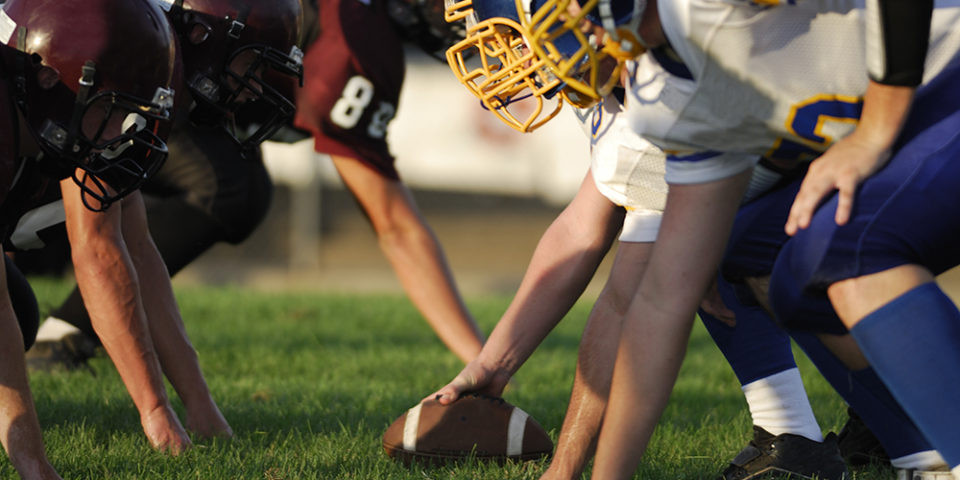Avoiding common team sports injuries
Time spent playing team sports can teach kids discipline, sportsmanship and teamwork – but it can also lead to serious injury. If you know how to safely prevent common team sports injuries, you’re more likely to have a fun and positive experience. Frank Noojin, MD, described some of the most widely seen team sports injuries and how to prevent them.
Heat exhaustion or heat stroke
Heat illness, such as heat exhaustion and heat stroke, can occur when you become overheated. Symptoms include confusion, dizziness, headache, fever, seizures, dry skin and extreme dehydration.
To prevent heat illness, you should practice at cooler times, hydrate, stay in good physical condition prior to the season and communicate well with parents, coaches and athletic trainers.
Concussions and head injuries
A concussion is essentially a “brain bruise”, and it doesn’t always result in loss of consciousness. Symptoms include headache, confusion, nausea, emotional behavioral changes, irritability and delayed cognitive responses.
A concussion is an urgent situation and requires rest and avoidance of any physical activity until it’s completely resolved. Do not return to a sport prematurely! Another concussion could lead to more serious injury, including brain damage. When it comes to head injuries of any kind, early diagnosis and treatment is key.
Shoulder instability and other orthopedic injuries
Shoulder instability, in many cases, is not a season-ending injury. It can manifest in the form of partial dislocations or complete dislocations.
Treatment for shoulder instability is designed around rotator cuff strengthening and potential return to play when strength returns to normal and pain resolves. If your shoulder is dislocated, it will need to be put back in place quickly. In that case, an X-ray evaluation needs to be performed by a shoulder specialist.
During the season, shoulder bracing is very helpful to prevent shoulder instability episodes. Of course, shoulder injuries aren’t the only orthopedic concern to watch out for.
Hamstring sprains and other muscle and tendon injuries
Common muscle and tendon injuries you may encounter during football include hamstring strains or tears, rotator cuff strains, groin or hip flexor strains, and lumbar strains. Even a simple forceful contraction of a muscle with sprinting can cause a stretch or tear in the muscle, resulting in injury.
Prevention is focused on proper pre-sport warm-up, hydration and maintaining flexibility. If you ever get one of these injuries, keep the inflammation down, avoid painful activity, and seek the guidance of a physical therapist and athletic trainer.
Do not return to competition prematurely – it’s easy to reinjure yourself if you do.
Nerve injuries to the arm, hands or fingers
“Stingers” or “burners” are injuries to the nerves in the arm that result in numbness and tingling in the shoulder, arm and fingers. These are initially painful but typically resolve in a few minutes. If you’re struggling with recurrent stingers, there’s a chance of being diagnosed with a condition called congenital cervical stenosis.
In cervical stenosis, the spinal canal is very narrow and the risk of nerve injury from contact sports is very high. In rare cases, the cervical stenosis is severe and restriction from contact sports may be advised.
Alert your coach or athletic trainer if a stinger is suspected. Usually, an X-ray evaluation is not required for the first stinger if symptoms resolve quickly. If a player has a second stinger or neurological symptoms persist, referral to a spine specialist is warranted and an X-ray is necessary. Do not return to contact until your symptoms are completely gone.
Dr. Noojin encourages athletes to speak up to coaches, parents and athletic trainers about any health concerns they might have. “The risk of suffering one of the most common team sports injuries can be reduced by proper education, conditioning, technique and early diagnoses.”
Find an orthopedic specialist you trust
Find a provider who’s right for you by viewing their online profiles, star ratings and reviews.
Find an Orthopedic Doctor

